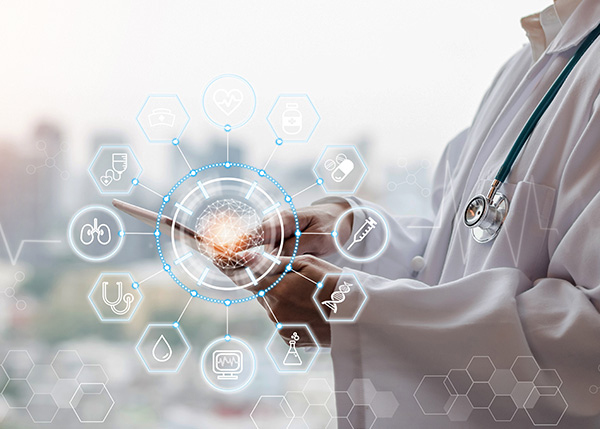Artificial intelligence has many compelling use cases in healthcare. Computer vision systems, for example, can identify patterns that humans might not detect. A recent study published in the Lancet found that AI-assisted analysis of medical images improved the detection of breast cancer by about 20 percent. A 2022 Mayo Clinic study found that AI-assisted colonoscopies reduced the rate of missed cancers by 50 percent.
Machine learning systems can rapidly analyze vast clinical documentation and predict medical outcomes, enabling doctors to make more accurate diagnoses. AI can also identify previously unknown correlations in healthcare data, paving the way for new drugs and treatment plans.
AI systems based on large language models (LLMs) are increasingly accurate. A new study published in the Journal of Medical Internet Research found that ChatGPT made accurate clinical decisions about 72 percent of the time. Marc Succi, M.D., one of the study’s authors, said the chatbot’s accuracy compared to that of an intern or resident.



